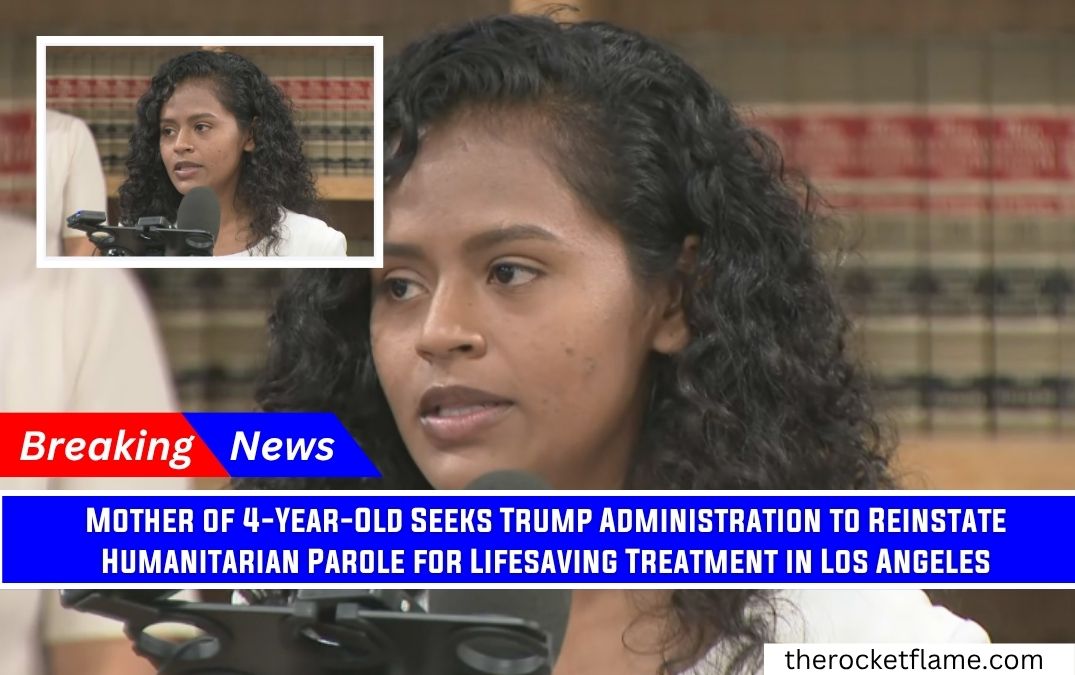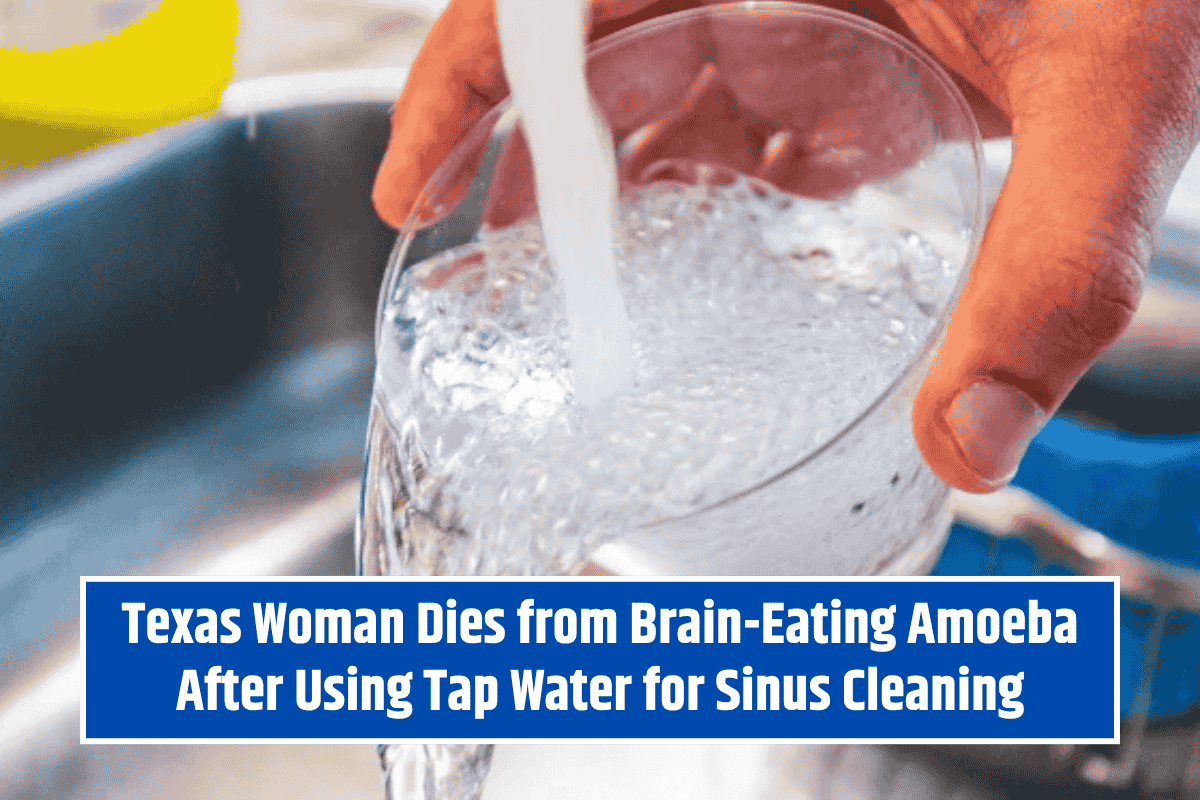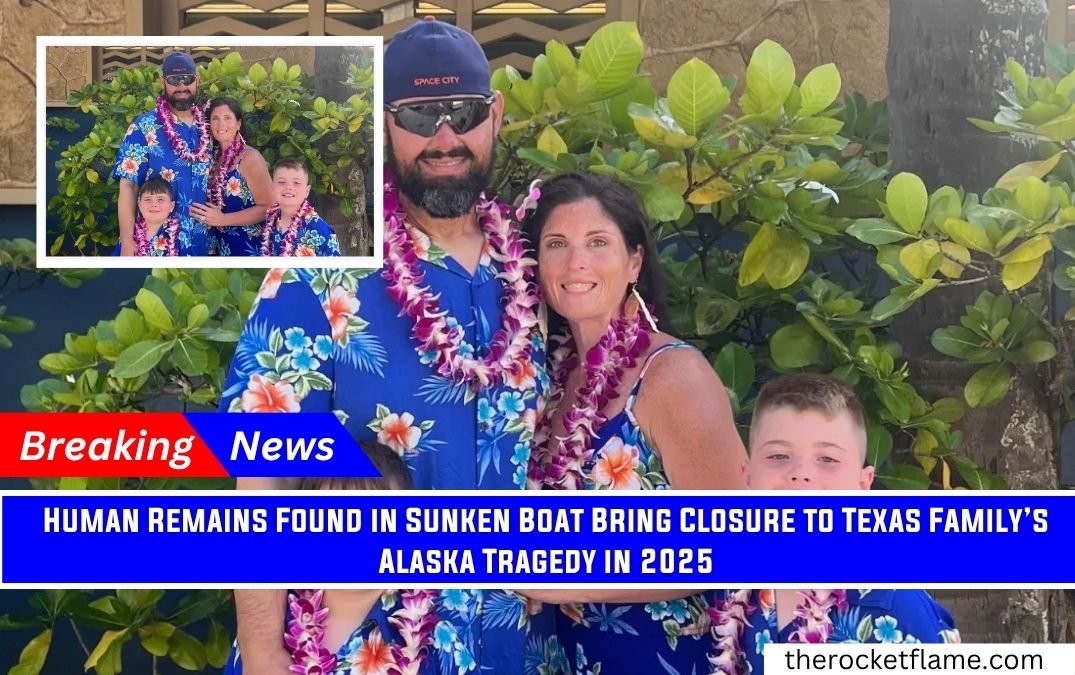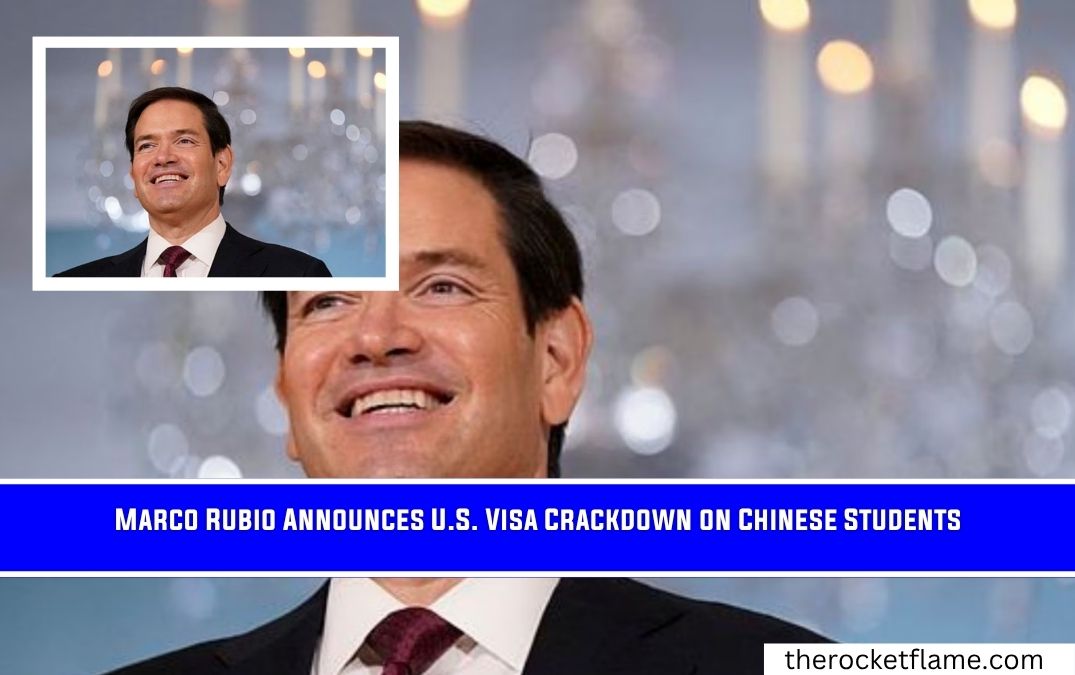A mother is urgently requesting the Trump administration to reinstate humanitarian parole for her 4-year-old daughter, who is battling a rare and life-threatening health condition in Los Angeles.
The child relies on continuous, specialized treatment available only in the U.S. to survive.
What Happened
Deysi Vargas, mother of Sofia Villa, held a news conference pleading for the government to allow her family to remain in the U.S. under humanitarian parole. Sofia is undergoing critical treatment at Children’s Hospital Los Angeles for a rare disorder called short bowel syndrome.
The family originally entered the U.S. under emergency humanitarian parole granted in 2023, allowing Sofia to receive lifesaving intravenous nutrition. However, recent notices from immigration services indicate their parole and work permits are being revoked, placing the family at risk of deportation.
Key Details
- Sofia Villa, 4, suffers from short bowel syndrome, requiring 14 hours of intravenous nutrition daily.
- Diagnosed in Mexico at 7 months, doctors advised urgent treatment in the U.S. due to lack of resources elsewhere.
- The family was granted humanitarian parole in 2023 for treatment in Los Angeles.
- Immigration authorities notified Vargas on April 11, 2025, that humanitarian parole and work permits were revoked.
- Subsequent notices declared the family “no longer in lawful status,” exposing them to deportation.
- The treatment equipment used for Sofia is unavailable outside the U.S.
Reactions or Statements
Gina Amato Lough, Directing Attorney at Public Counsel, condemned the potential deportation, calling it “a moral failure” and “unlawful.”
Rebecca Brown, the family’s attorney, described the Trump administration’s efforts to eliminate humanitarian parole as “cruel,” affecting many who rely on it for lifesaving care across the country.
Vargas expressed deep concern that without continued treatment, Sofia could die within days. She remains hopeful and committed to fighting the legal battle, relying on her faith during this difficult time.
Investigation or What’s Next
The family’s legal team sent multiple letters to the Trump administration requesting reconsideration of the parole revocation but has yet to receive a response.
New applications for humanitarian parole have been submitted to maintain the family’s lawful presence during Sofia’s treatment.
Advocates urge the administration to recognize the urgent medical needs and reinstate humanitarian parole to prevent a fatal outcome.
FAQs
Q1: What is humanitarian parole?
A1: Humanitarian parole is a special permission granted by the U.S. government to allow temporary entry for urgent humanitarian reasons or significant public benefit.
Q2: What is short bowel syndrome?
A2: It is a rare condition where a significant portion of the small intestine is missing or nonfunctional, requiring intravenous nutrition to survive.
Q3: Why can’t Sofia receive treatment outside the U.S.?
A3: The specialized medical equipment and care Sofia needs are not available in her home country or elsewhere.
Q4: What happens if humanitarian parole is revoked?
A4: The family loses legal status, making them vulnerable to deportation, which could interrupt critical medical treatment.
Q5: How is the family responding legally?
A5: They have submitted new parole applications and are seeking legal remedies while appealing to the administration for humanitarian consideration.
Summary / Final Takeaway
The case of Sofia Villa highlights the critical intersection of immigration policy and lifesaving medical care. The Trump administration’s decision to revoke humanitarian parole threatens not only this family’s stability but Sofia’s very life. Advocates and attorneys continue to fight for the reinstatement of parole, urging compassion and recognition of urgent health needs.












